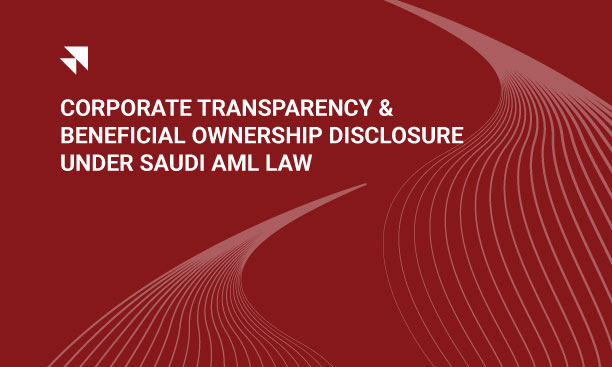Understanding the Probation Period in Saudi Employment Law
The probation period in Saudi Arabia is a critical phase within the employment relationship. It enables the employer and employee to determine whether the position and working situation match appropriately. This period must be clearly stated in the employment contract and agreed upon by both parties before employment begins.
According to the Saudi Labor Law, the probation period cannot exceed 90 days, though it can be extended up to 180 days with written consent from both the employer and employee. This time will serve to cushion both parties- the employers will be able to review their performance, and the employees will be able to determine whether the job is as per their expectations.
Employee Rights During the Probation Period
Even during probation, employees enjoy fundamental rights under Saudi Labor Law. These include:
- Full payment of wages for all work performed
- Safe and healthy working conditions
- Respectful and non-discriminatory treatment
Nevertheless, some benefits may not be provided to employees including the award of end of service and long-term incentives until the probation has been successfully completed. It is also the duty of employees to make sure that they record their effort and accomplishments as a means of self-defense in case of conflicts.
Employer Obligations During the Probation Period
Employers have clear responsibilities during probation. These include:
- Clearly defining probation terms in the employment contract
- Avoiding misuse of probation, such as extending it repeatedly or applying it more than once for the same role
- Maintaining transparent records of employee performance, conduct, and attendance
- Ensuring fair treatment and avoiding discriminatory dismissal
Proper probation management not only protects the company legally but also helps identify training needs, assess fit, and reduce turnover.
Termination Rules under Probation in Saudi Arabia
For Employees:
During probation, employees may resign, but they must respect the notice period clause stated in their contract. Failure to do so could result in a breach of contract claim or loss of certain entitlements. Foreign workers must coordinate with their employer regarding final exit or transfer procedures through the Qiwa and Mudad systems. To avoid any legal ambiguity, employees are recommended to send in a written resignation letter and make a copy of the Gettier.
For Employers:
Employers may terminate an employee during probation without providing end-of-service compensation, provided the termination respects the notice period outlined in the contract. It is also advisable to document performance assessments to ensure fairness and protection in case of legal disputes. The contract becomes binding after successful completion of probation and common rules of termination as stipulated by the Saudi labor law are applicable.
Legal Compliance and Best Practices
For Employers:
- Clearly define probation terms in writing and obtain written consent for any extensions
- Avoid discriminatory dismissals
- Maintain accurate and transparent documentation of performance and conduct
For Employees:
- Understand your notice obligations and rights during probation
- Keep records of work performance, communication, and agreements with the employer
- Ensure proper coordination for exit or transfer procedures if resigning
By managing the probation period properly, both parties build trust, reduce turnover, and remain fully compliant with Saudi labor standards.
For expert advice on drafting compliant Saudi employment contracts or resolving probation-related disputes, contact AHYSP Law Firm at info@ahysp.com.
FAQ
Yes, the employees may demand to have the probation period or any form of a notice period to be changed, but any change must be agreed upon and then in writing.
Failure to give notice according to the contract can lead to legal repercussions by the employer and the employee might seek compensation.
Yes. During probation, employers have the right to dismiss without end-of-service benefits if adequate notice is given.
Yes, the same terms are applicable by Saudi Labor Law, but designated terms of the contract can vary by organization or industry.
It may be renewed once, not more than 180 days in total, only with the written permission of the employer and employee.






